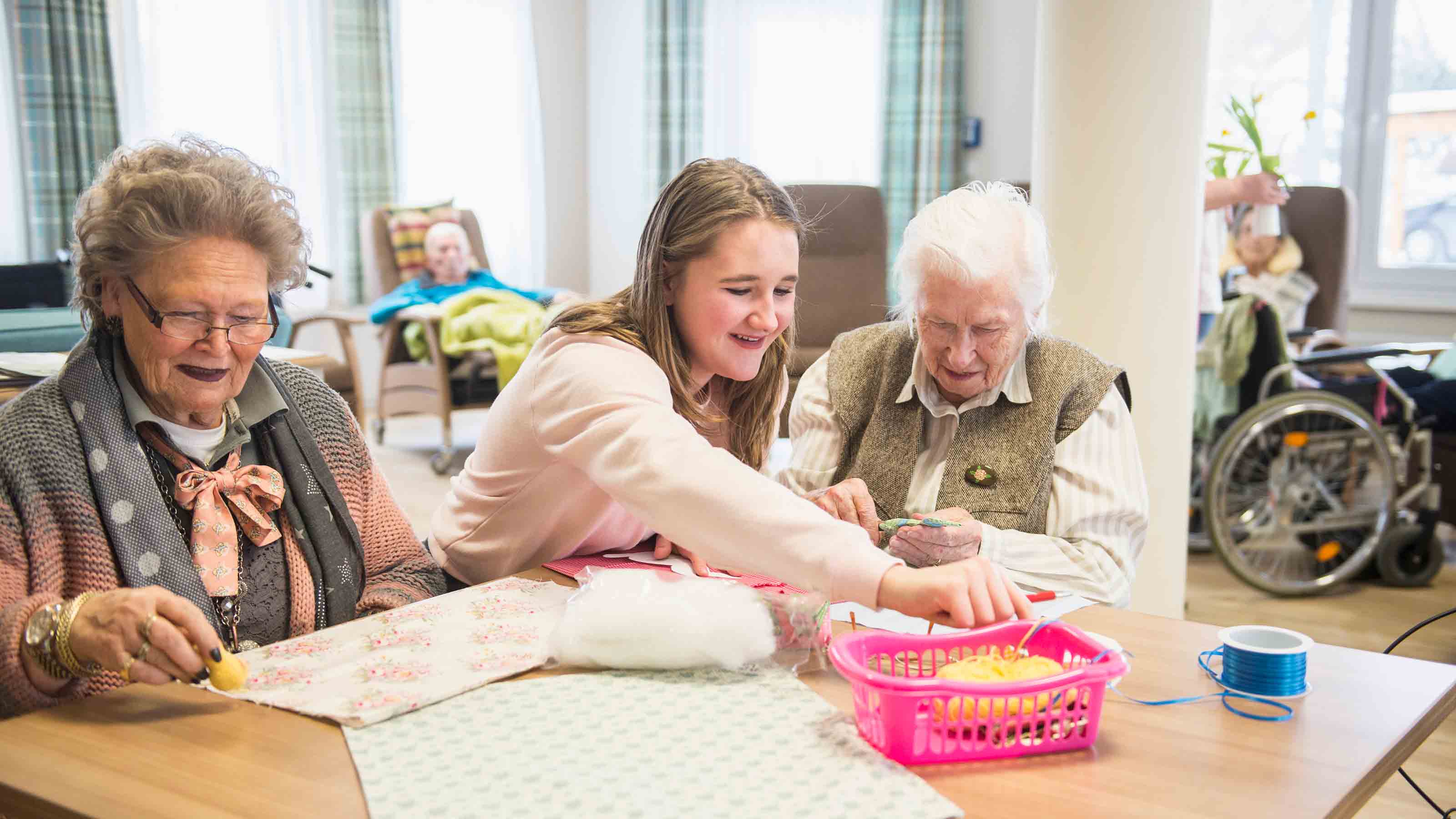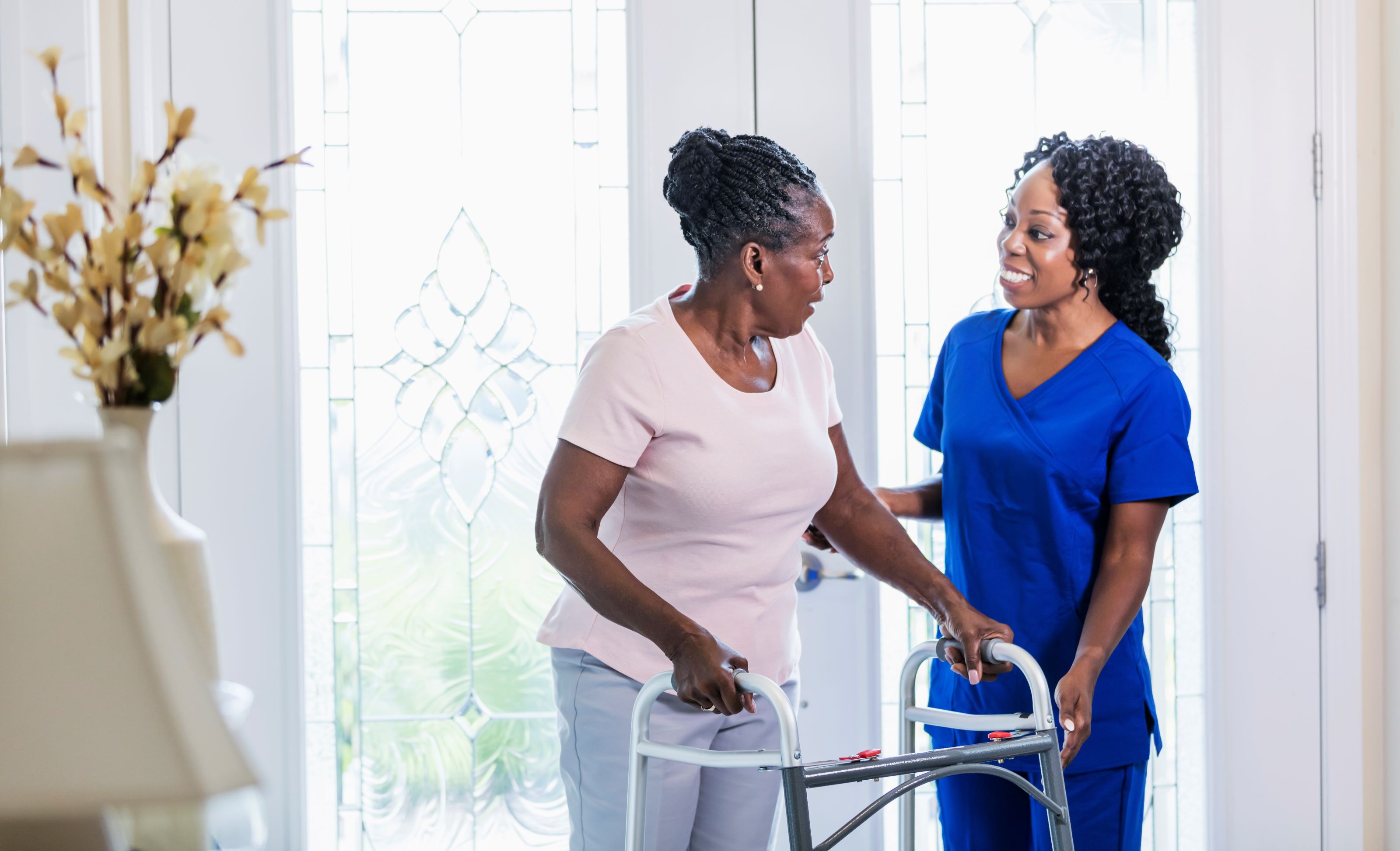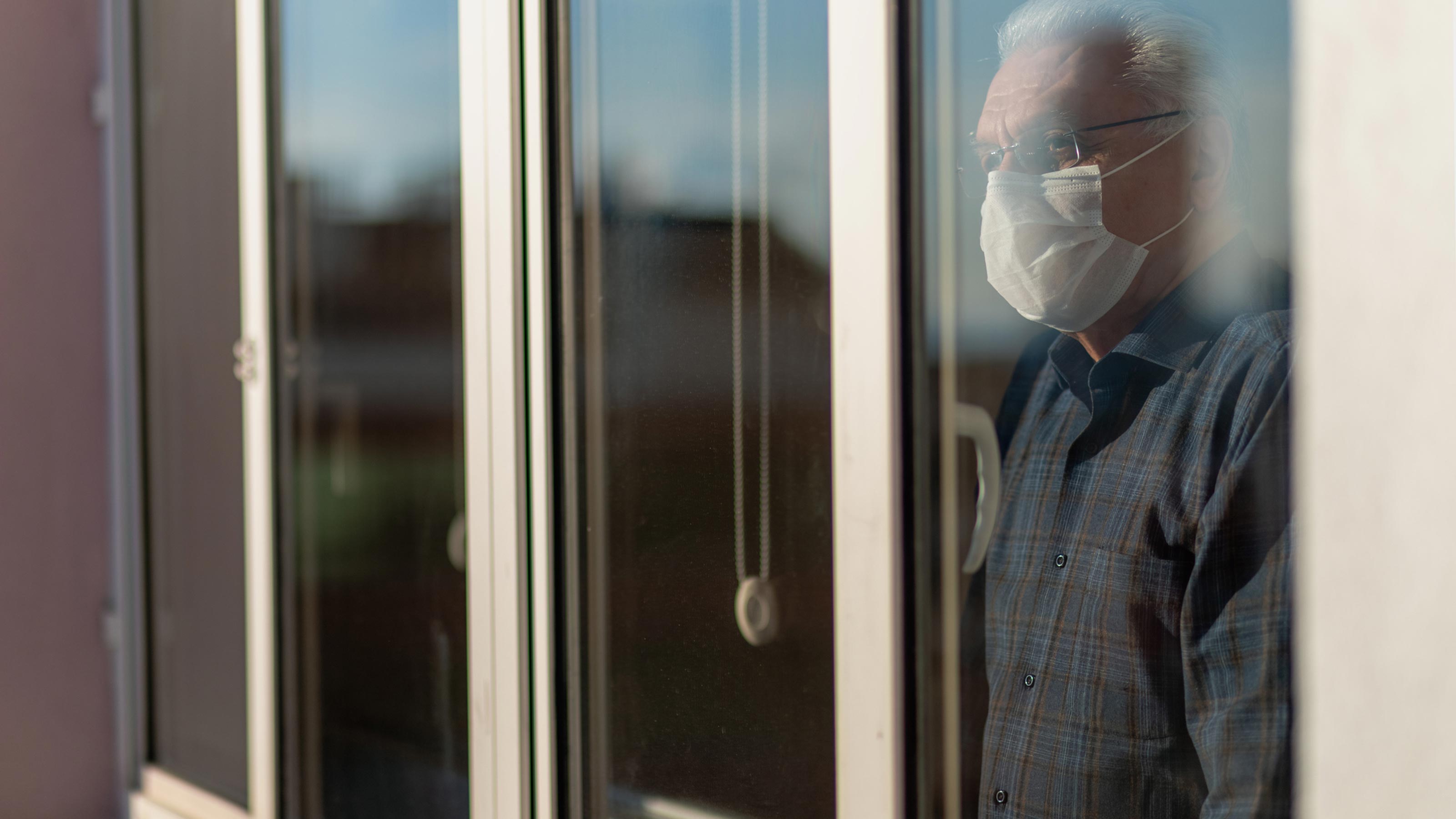4 Ways to Thwart Elder Abuse
Being prime targets for scams, seniors need to be vigilant about protecting themselves.

Profit and prosper with the best of Kiplinger's advice on investing, taxes, retirement, personal finance and much more. Delivered daily. Enter your email in the box and click Sign Me Up.
You are now subscribed
Your newsletter sign-up was successful
Want to add more newsletters?

Delivered daily
Kiplinger Today
Profit and prosper with the best of Kiplinger's advice on investing, taxes, retirement, personal finance and much more delivered daily. Smart money moves start here.

Sent five days a week
Kiplinger A Step Ahead
Get practical help to make better financial decisions in your everyday life, from spending to savings on top deals.

Delivered daily
Kiplinger Closing Bell
Get today's biggest financial and investing headlines delivered to your inbox every day the U.S. stock market is open.

Sent twice a week
Kiplinger Adviser Intel
Financial pros across the country share best practices and fresh tactics to preserve and grow your wealth.

Delivered weekly
Kiplinger Tax Tips
Trim your federal and state tax bills with practical tax-planning and tax-cutting strategies.

Sent twice a week
Kiplinger Retirement Tips
Your twice-a-week guide to planning and enjoying a financially secure and richly rewarding retirement

Sent bimonthly.
Kiplinger Adviser Angle
Insights for advisers, wealth managers and other financial professionals.

Sent twice a week
Kiplinger Investing Weekly
Your twice-a-week roundup of promising stocks, funds, companies and industries you should consider, ones you should avoid, and why.

Sent weekly for six weeks
Kiplinger Invest for Retirement
Your step-by-step six-part series on how to invest for retirement, from devising a successful strategy to exactly which investments to choose.
Chances are, you may have been swindled at some point in your life, or you know someone who has. Nearly half of consumers surveyed recently by Stanford University's Center on Longevity and the Finra Investor Education Foundation reported being a victim of financial fraud in the previous year—a far higher tally than earlier surveys indicated. No socioeconomic or demographic group is immune. "Men and women, college students and retirees, rich and poor—all are potential targets," the report's authors found. Nearly 40% of victims never told anyone about the fraud.
Estimates are problematic, but Americans are thought to lose some $50 billion a year to financial scams. And there are indirect costs: bounced checks, late fees, trouble meeting monthly expenses and even bankruptcy. So it's not surprising that the emotional cost of fraud is also high, with 50% of victims reporting severe stress and more than one-third citing depression. The toll is compounded for senior victims, who have little time to make up for lost resources. "When elderly people lose their life savings, they lose hope," says Ricky Locklar, an investment fraud investigator at the Alabama Securities Commission. "To me, those crimes are worse than someone robbing the corner drugstore at gunpoint."
Do these four things to protect you or your family members from elder abuse:
From just $107.88 $24.99 for Kiplinger Personal Finance
Become a smarter, better informed investor. Subscribe from just $107.88 $24.99, plus get up to 4 Special Issues

Sign up for Kiplinger’s Free Newsletters
Profit and prosper with the best of expert advice on investing, taxes, retirement, personal finance and more - straight to your e-mail.
Profit and prosper with the best of expert advice - straight to your e-mail.
1. Don't trust—verify. Be suspicious of calls or e-mails asking for personal or financial information. "Hang up and follow up," says Juliana Harris, of the South Carolina Department of Consumer Affairs. Look up the phone number of the government agency or financial institution independently, and call to find out if the caller or correspondence was legitimate. Stay on top of the newest scams by signing up for alerts from the Federal Trade Commission at www.consumer.ftc.gov/scam-alerts. Learn about new tax-related scams at IRS.gov.
2. Report scams. Report an attempted scam, even if you didn't fall for it, at www.ftc.gov/complaint. The Federal Trade Commission adds the information to a database that federal and state agencies and law enforcement groups use to spot trends and support larger investigations. If you believe you've been scammed, get help from your local or state consumer protection office (see www.usa.gov/state-consumer). Get help from your Area Agency on Aging at www.n4a.org.
3. Enlist family help. Adult children can talk with their aging parents about reviewing their bank accounts and credit card statements (see How to Provide Financial Help to Aging Parents). Some banks provide read-only access to accounts, which can help children spot suspicious charges without providing access to parents' money, says Naomi Karp, senior policy analyst with the Consumer Financial Protection Bureau's office for older Americans.
4. Beware of high-commission salespeople. They may be trying to get a piece of your retirement savings. Call Finra's Securities Helpline for Seniors with questions (844-574-3577).
Profit and prosper with the best of Kiplinger's advice on investing, taxes, retirement, personal finance and much more. Delivered daily. Enter your email in the box and click Sign Me Up.

As the "Ask Kim" columnist for Kiplinger's Personal Finance, Lankford receives hundreds of personal finance questions from readers every month. She is the author of Rescue Your Financial Life (McGraw-Hill, 2003), The Insurance Maze: How You Can Save Money on Insurance -- and Still Get the Coverage You Need (Kaplan, 2006), Kiplinger's Ask Kim for Money Smart Solutions (Kaplan, 2007) and The Kiplinger/BBB Personal Finance Guide for Military Families. She is frequently featured as a financial expert on television and radio, including NBC's Today Show, CNN, CNBC and National Public Radio.
-
 5 Vince Lombardi Quotes Retirees Should Live By
5 Vince Lombardi Quotes Retirees Should Live ByThe iconic football coach's philosophy can help retirees win at the game of life.
-
 The $200,000 Olympic 'Pension' is a Retirement Game-Changer for Team USA
The $200,000 Olympic 'Pension' is a Retirement Game-Changer for Team USAThe donation by financier Ross Stevens is meant to be a "retirement program" for Team USA Olympic and Paralympic athletes.
-
 10 Cheapest Places to Live in Colorado
10 Cheapest Places to Live in ColoradoProperty Tax Looking for a cozy cabin near the slopes? These Colorado counties combine reasonable house prices with the state's lowest property tax bills.
-
 Estate Planning: A Special Trust for a Special Need
Estate Planning: A Special Trust for a Special NeedCaregiving Special needs trusts can help fund quality-of-life improvements for the beneficiary, such as a phone, a trip or a private room in a group care facility.
-
 Adult Day Centers Help Retirees with Alzheimer's
Adult Day Centers Help Retirees with Alzheimer'sCaregiving A center that offers social interaction, along with physical and memory activity, is a lift for those with forms of memory impairment. Their caregivers benefit, too.
-
 Caregivers Share Their Stories
Caregivers Share Their StoriesCaregiving Readers' own perspectives on the struggles and triumphs of caregiving.
-
 The Stresses of Being a Caregiver
The Stresses of Being a CaregiverCaregiving One study shows that caregiving takes a greater toll on retirees' mental health than on their finances.
-
 5 Steps to Getting Help From a Home Care Agency
5 Steps to Getting Help From a Home Care AgencyCaregiving A home health aide who helps provide nonmedical care to a loved one can be a great way to provide some relief to a caregiver.
-
 Tips for Making Caregiving an Easier 24/7 Labor of Love
Tips for Making Caregiving an Easier 24/7 Labor of Lovelong term care Caregivers are America's invisible helpers, often giving up everything to care for an ailing family member. But there are ways to lighten that burden.
-
 Estate Planning Got You Down? Start With a Will
Estate Planning Got You Down? Start With a WillFinancial Planning Estate planning may feel overwhelming. Start with a will and the rest will fall into place.
-
 When Mental Health and Aging Collide
When Mental Health and Aging CollideCaregiving For retirees struggling with depression, a psychologist who specializes in older adults might be the right path toward recovery.